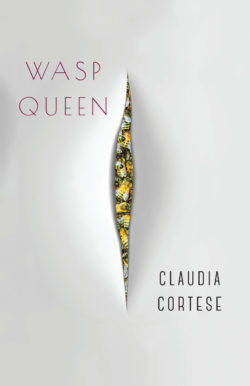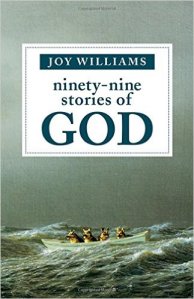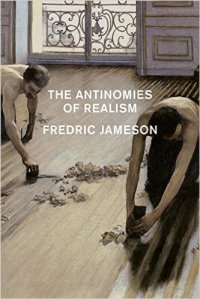The town I grew up in was a little pinpoint of civilization surrounded on all sides by mountains and miles of forests… I know my stories wouldn’t be as successful without the looming mountains or the swiftly flowing rivers.
Hear, hear! This sentiment is one of many that drew me to the multi-talented and quite charming author (and Brooklynite) Jonathan Corcoran, whose debut collection of linked stories, The Rope Swing, explores the unique setting of economically-isolated Appalachia and the complex people who inhabit its “looming” mountainsides and riverbanks.
Are you surprised, precious reader, at my natural affinity for the natural world? There’s nothing unnatural about it. I’m a woodland denizen, by Zeus’ sandal straps! A so-called “sasquatch,” although I prefer sans-quatch; it sounds more literary. My given name is Chester, but I tell the voters to call me Chet.
Msr. Corcoran asserts, during the course of an energetic interview at The Rumpus, that “This book, as a project, was certainly a meditation on the notion of cusps and cliffs.” Cliffs! I swoon! You had me at “looming mountainsides,” dear sir! Corcoran goes on to say:
In the stories that focus on queer life and love specifically, I wanted to show readers how these tiniest of decisions, or moments of indecision, have the potential to impact a body for a lifetime, and how these very personal decisions are often forced upon people under the heavy weight of an often-hostile external world.
A weighty topic, to be sure, and one that this author discusses at great length and with such attractive perspicacity, thanks to his interviewess, the talented poet and essayist, Mlle. Melissa Adamo. Read her poetry here and follow her tweetings at @mel_adamo.
Hats off to The Rumpus for finding these two lovely creatures. I hope to see much, much more from them in the future.
Purchase The Rope Swing from Amazon immediately, humans, if you value your reputations.







